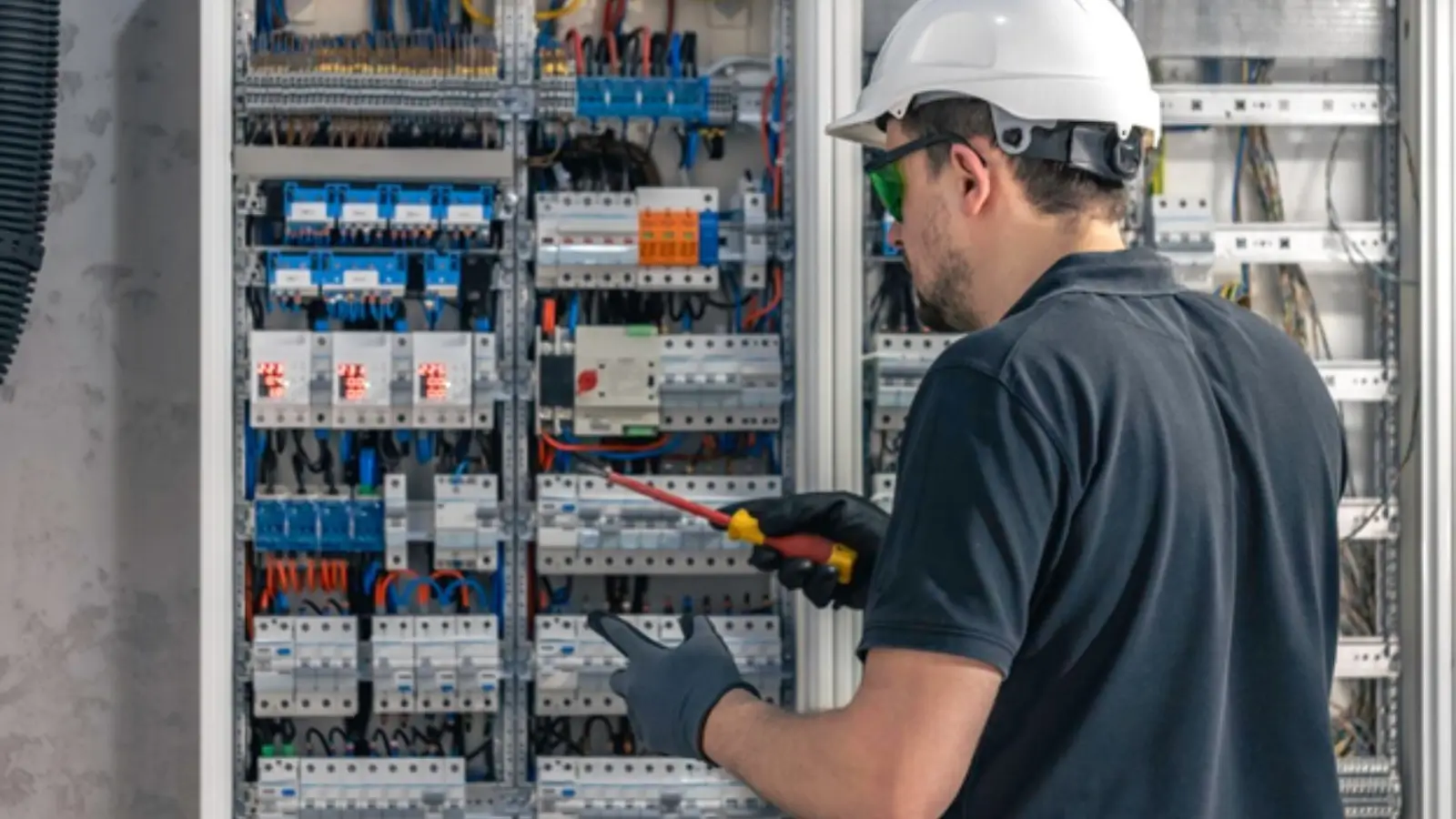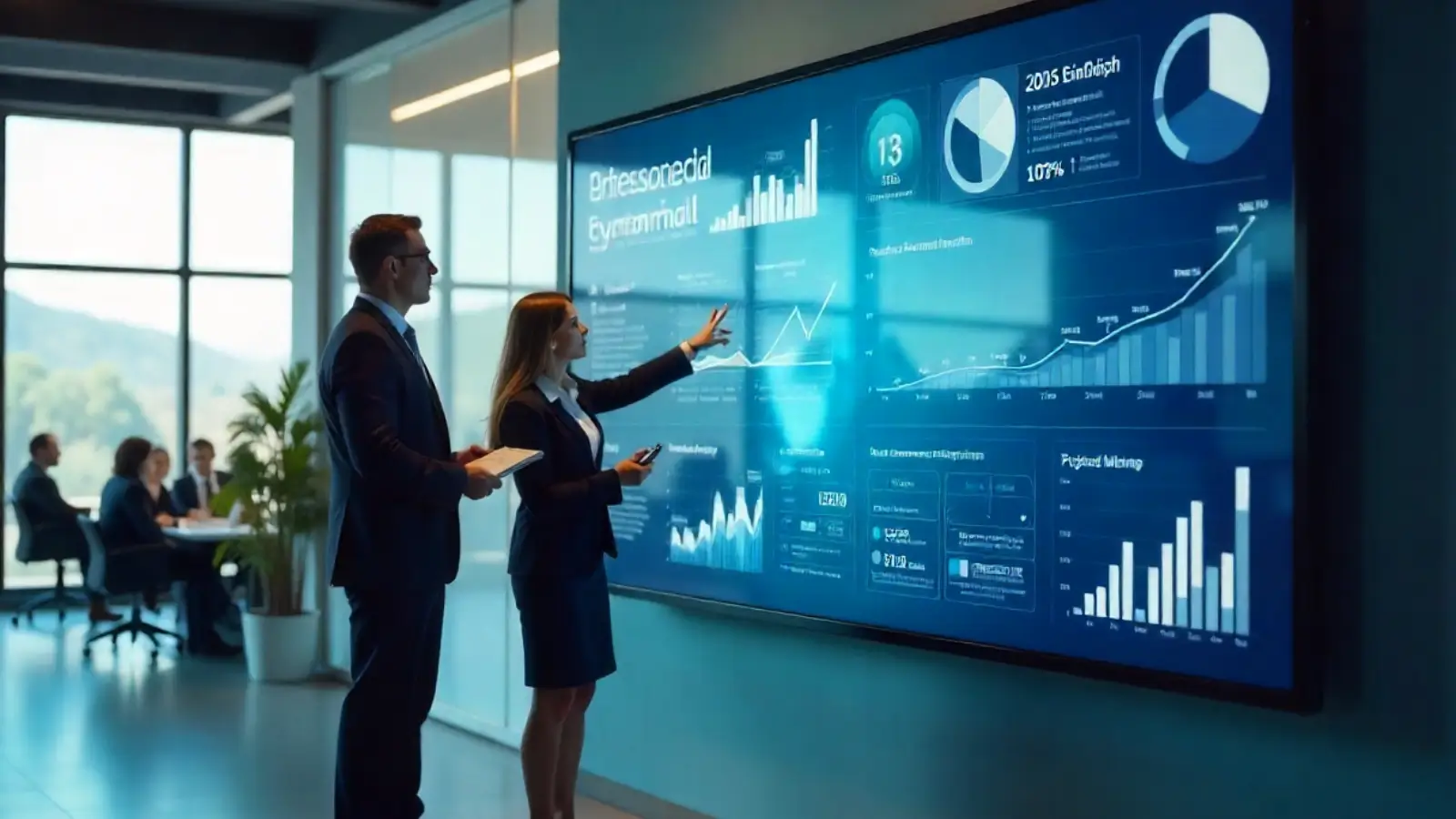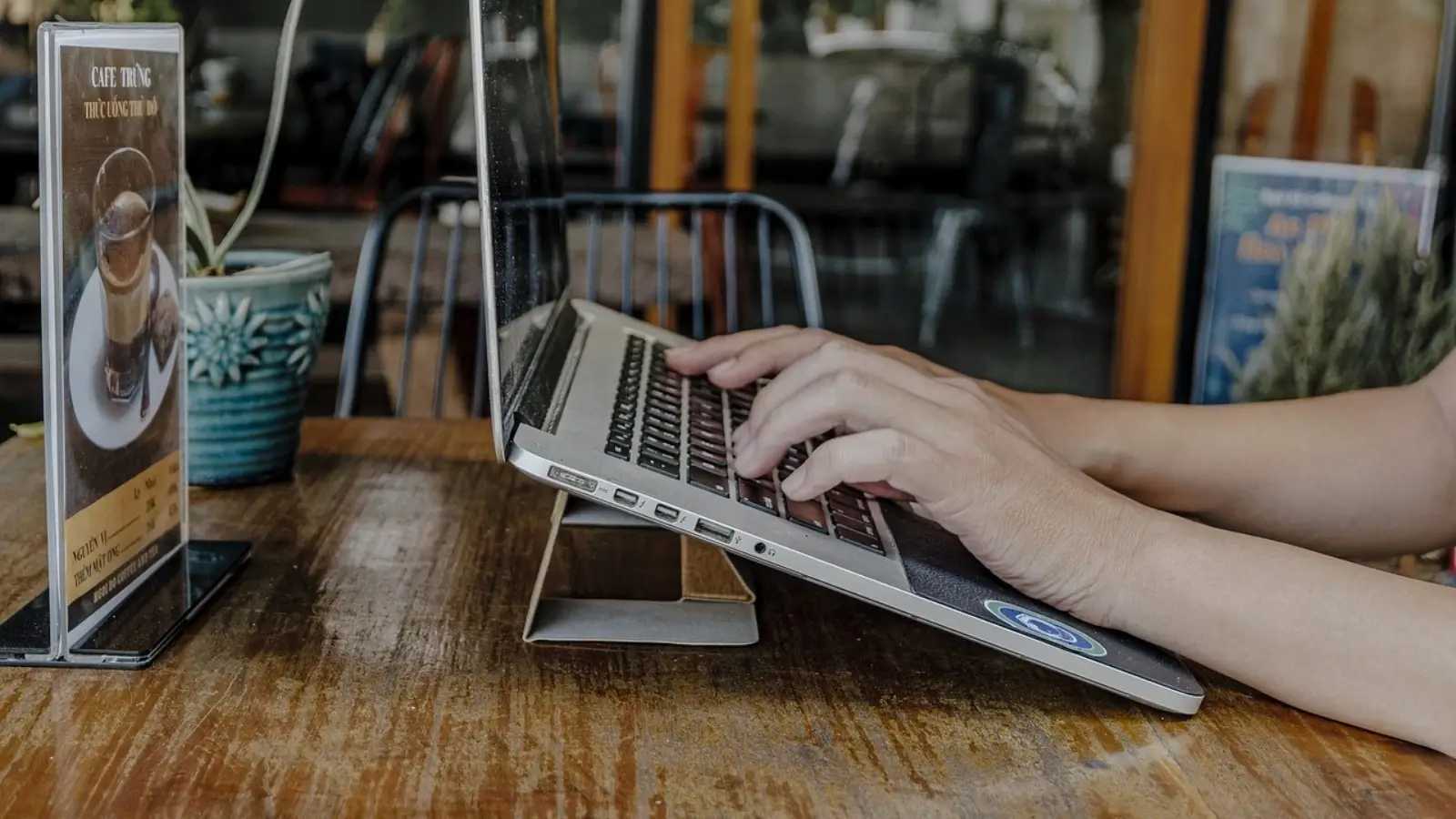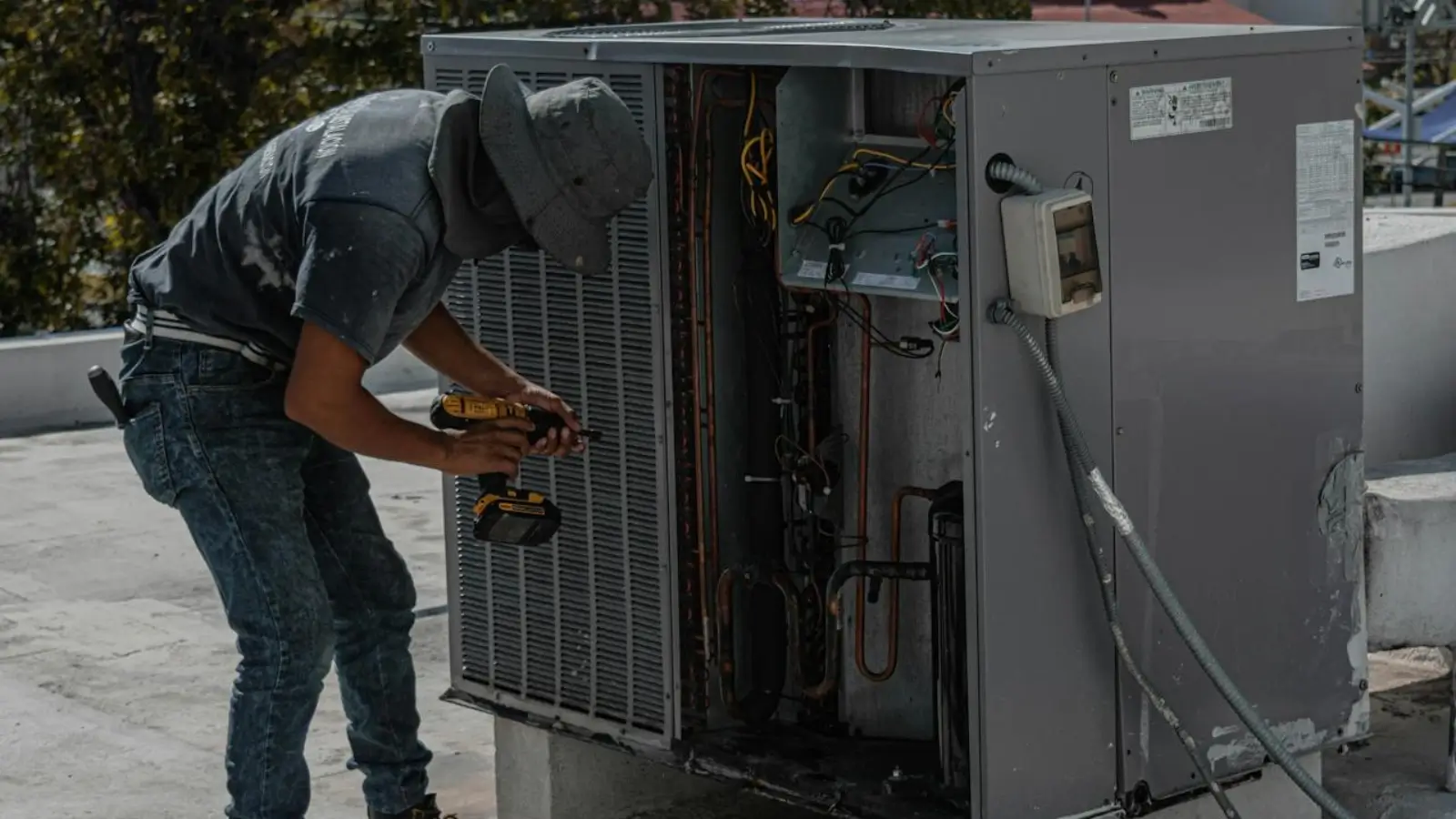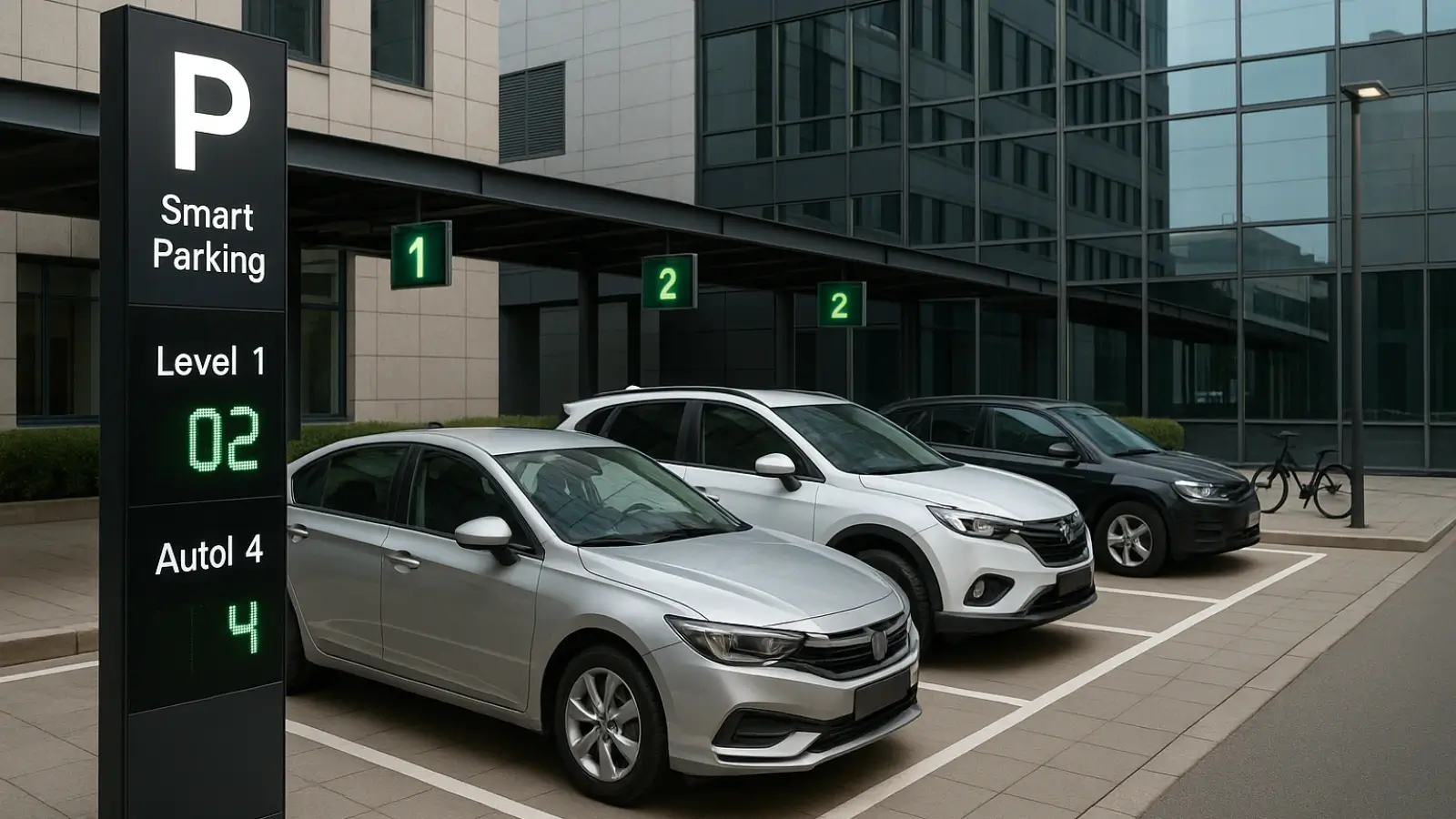In this modern era of side-hustle culture, tight deadlines, and the mountain of constant notifications, people are becoming less and less satisfied with traditional forms of relaxation like reading a book, taking a walk, or watching TV. As mobile technology continues to develop, we now also have an entirely new type of portable leisure available, which, quite literally, is on the go.
There has been an undeniable change in the ways people relax, for instance, the introduction of brain training apps, guided meditations, and breathing exercises. The way the majority of people get their 'me time' has changed dramatically over the years.
A Change in Unwinding Habits
About a decade ago, people associated their free time with indulging in activities away from technology, which often included screens. Nowadays, the relationship between relaxation and technology, especially mobile devices, has strengthened. Mobile phones have changed the game significantly. In today’s world, ‘me time’ can effectively be spent waiting in line, attending a Zoom meeting, or lounging on the couch. People have even started associating certain apps to the phrase ‘me time.’
Different apps like Calm and Headspace have redefined mindfulness and meditation, making it more accessible than ever. With calming voices and easy-to-follow techniques, these platforms have converted smartphones into personal health aides. Likewise, sleep aid apps have grown in popularity as more people struggle to “switch off” at the end of the day. Beyond the self-care space, another category of apps has also found its place in the digital leisure toolkit - casual entertainment apps.
Casual Gaming as a Stress Outlet
Mobile phone game downloads are reported to have crossed 200 billion in 2024 alone, according to a report by Radix. Simple production, puzzle, and tap to play games led the pack. Why? Because they are rewarding, satisfyingly simple, and the best option when in need to decompress. Puzzles such as Sudoku, Candy Crush, and home renovation simulators let you achieve your goals, with very little effort.
The increasing number of hyper-casual games highlight how much people need pressure-free distraction. These games are perfect for short periods of relaxation, you can just pick them up, play for 5 minutes, and put them away. It’s this blend of low-commitment and high-enjoyment that has made casual gaming a dominant form of digital relaxation.
Enter the New Digital Chill Zone
Within this casual ecosystem, one unique genre has quietly gained traction: social casino apps. These platforms simulate the experience of slots, card games, and roulette. They target adult audiences who desire superficial gaming. Social casino apps let users enjoy the excitement of the game, sometimes with stunning interfaces, bonus rewards, and social features. The social part is crucial: players can participate in contests for awards, send free chips to friends, and compete against them for leaderboard positions. This way, users appreciate the solo experience even more.
These apps are completely different because they combine dopamine triggering gameplay with a relaxed atmosphere. Research provided by Stateless claimed that in 2022, social casino games had a market value of more than 6 billion dollars. As the demand for low-risk fun increases, social casino apps have made a place for themselves in the broad realm of wellness entertainment.
Not Just Escapism—It's Micro-Relaxation
Critics often dismiss mobile apps as mere distractions, but for many, these digital tools offer micro-moments of relaxation that are increasingly hard to find elsewhere. They do serve a much deeper purpose than pure indulgence — they are a coping mechanism. Faced with the reality of persistent stress and short attention spans, the appeal is obvious.
The Fusion of Entertainment and Mindfulness
It’s fascinating how experiences that are meant to be enjoyable and relaxing are being fused together in a developer’s mind. Take the “Loóna” app for example. It incorporates storytelling, music, and interactivity for users who need assistance in relaxing before sleep. These transformed relaxation experiences are redefining how we view gaming, and the wellness it’s associated with. Similarly, some social casino apps are adding the goal of merging deep engagement with relaxing inviting features that include calming music and beautiful visuals, along with relaxing gameplay.
What This Means for the Future of Downtime
Because the boundaries between technology and self-care continue to merge, the application industry is most likely to continue venturing into the digital leisure space. It includes AI-based style customization, voice journals, and multiplayer jigsaw puzzle competitions, all of which defy conventional methods of relaxation.
More importantly, the idea that one needs to enjoy in order to relax is changing. This may not mean that people “switch off” anymore, but rather that they engage in activities tailored to their lifestyle, mood, and focus, be it solving puzzles, spinning a slot machine, or meditating in a serene virtual forest.










